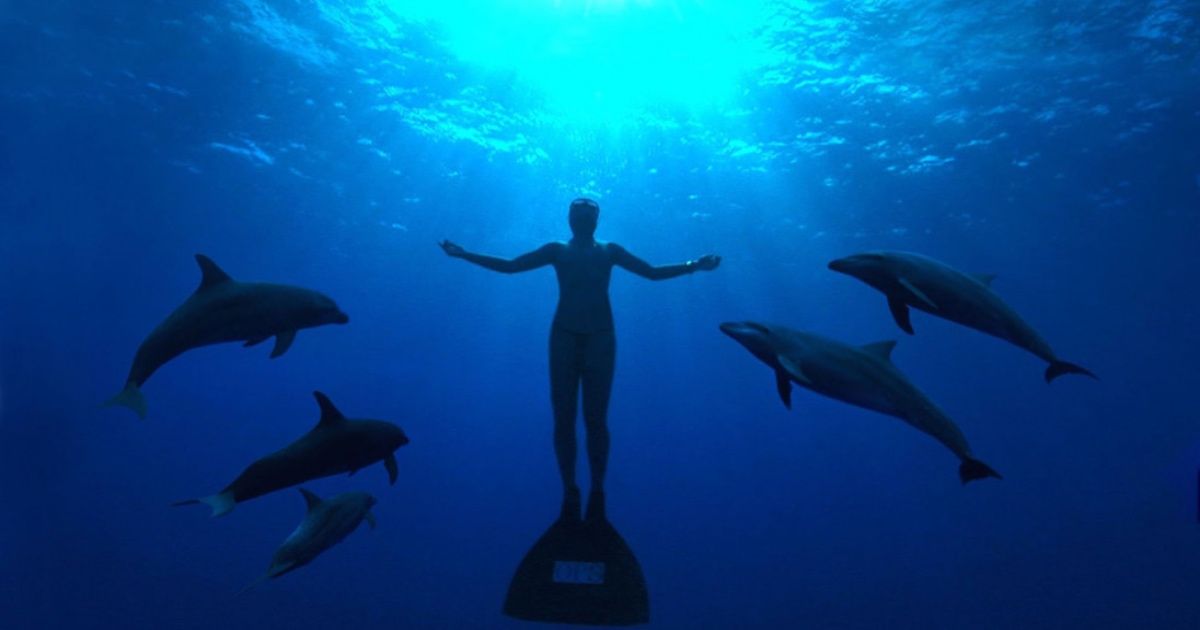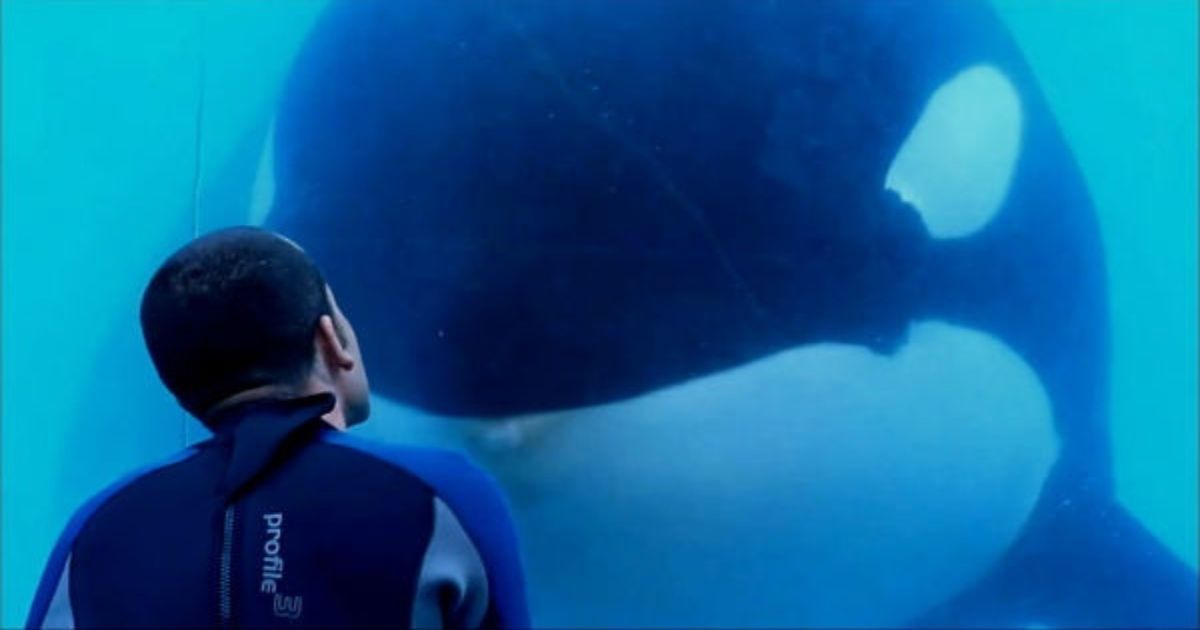The medium of documentary film has long captured the majesty of our planet in a stunning visual format. Across the globe, members of the animal kingdom continue on within the circle of life, making for some incredible subject material for videographers throughout the years. Interpreting the inner workings of these unique features of the natural world through digital storytelling has led to the creation of some timeless films, attracting audiences to the wonder of our Earth's flora and fauna.
In nature documentaries, animals are almost always the stars. No matter how wild the world gets, they make for memorable characters, with very little acting experience needed. For example: according to the World Wildlife Federation, jaguars are surprisingly good swimmers; dolphins are known to be capable of using natural tools, and some penguin colonies can be seen from space. Documentaries can capture the most blissful moments of natural life while also being an instrument for activism and positive change. With that being said, here are the best nature documentaries about animals, ranked.
7
My Octopus Teacher (2020)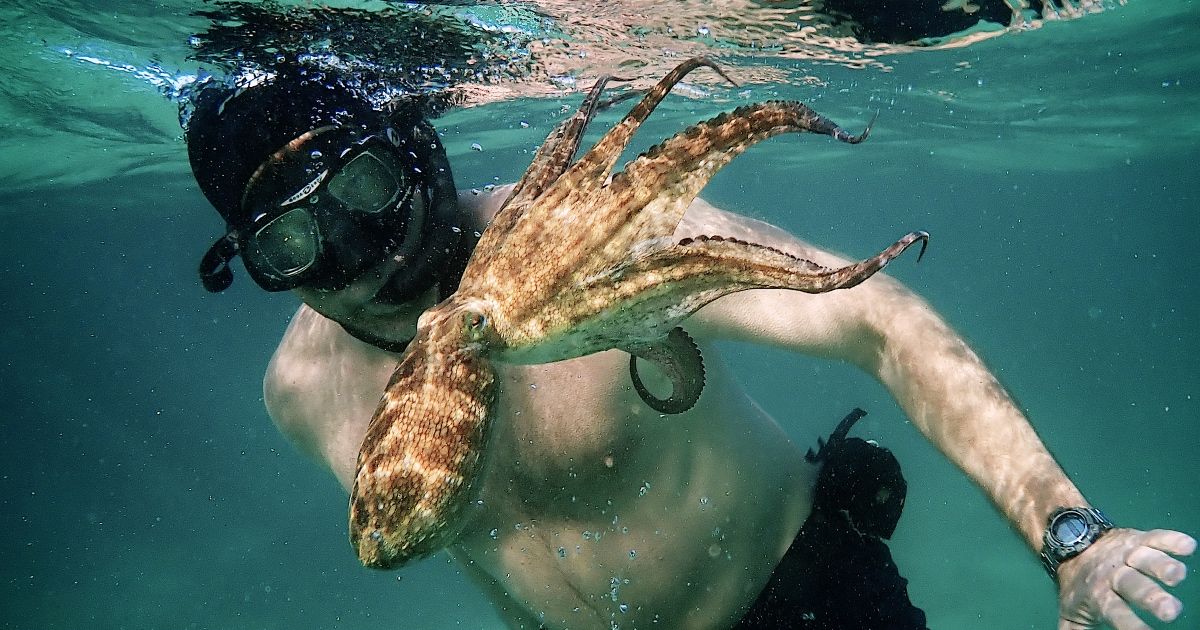
My Octopus Teacher is the true story of a filmmaker's year-long dedication to learning about the intricate underwater world of the common octopus. While free-diving along a South African coast, Craig Foster encounters a feisty female octopus and develops a friendship with her. As he observes her activity, he watches her fight for survival, fend for food, and regrow limbs after battles with ocean enemies. The two cultivate a relationship that transcends the simplicity of being animal or human. The octopus' eventual passing leaves Foster with valuable reflections on his own life and a deeper appreciation for the ferocity and strong will of nature. The film even won an Oscar for Best Documentary Feature, bringing the win home for South Africa.
6
Chimpanzee (2012)
One of Disneynature's celebrated features, Chimpanzee follows a family of chimps through the African rainforests on their journey through harmony and hardship. The star of the show is baby Oscar, who is thrust into life on his own after his sudden separation from his family by a group of enemy chimps. When all seems lost, an alpha male chimpanzee called Freddy takes Oscar under his wing, and teaches the curious little one how to survive and trust others again. This film, narrated by Tim Allen, is equal parts heartwarming and heart-wrenching. Viewers will get lost in the lush green landscapes of the cinematography and root for Oscar in this story of survival.
5
Disneynature's Oceans (2010)
Oceans takes viewers on an extensive adventure across the five oceans that grace our planet, capturing all walks of sea life in the process. Videographers capture the ins and outs of the world under the sea, portraying the beauty and danger of its species and their struggle to survive. From massive manta rays, to tiny shrimp, to the almighty Great White Shark, this film highlights many members of the highly competitive food chain. This sweeping story, originally a French documentary by filmmakers Jacques Perrin and Jacques Cluzaud, was released in America by Disneynature in 2010.
4
Disneynature's Earth (2007)
Another beautiful film from Disneynature, Earth takes place all across our wide-ranging, wonderful planet. According to National Geographic, our Earth is home to 8.7 million living organisms, and we get up close and personal with some of them in this feature. Narrated by James Earl Jones (Mufasa in The Lion King), the cinematic storytelling deepens as viewers embark on a tour of different natural biomes, beginning at the North Pole and ending at the South Pole over the course of one year. Earth brings viewers alongside prides of fearsome lionesses, families of whales, and polar bears in peril. The film is the second-highest-grossing nature documentary ever recorded.
3
March of the Penguins (2005)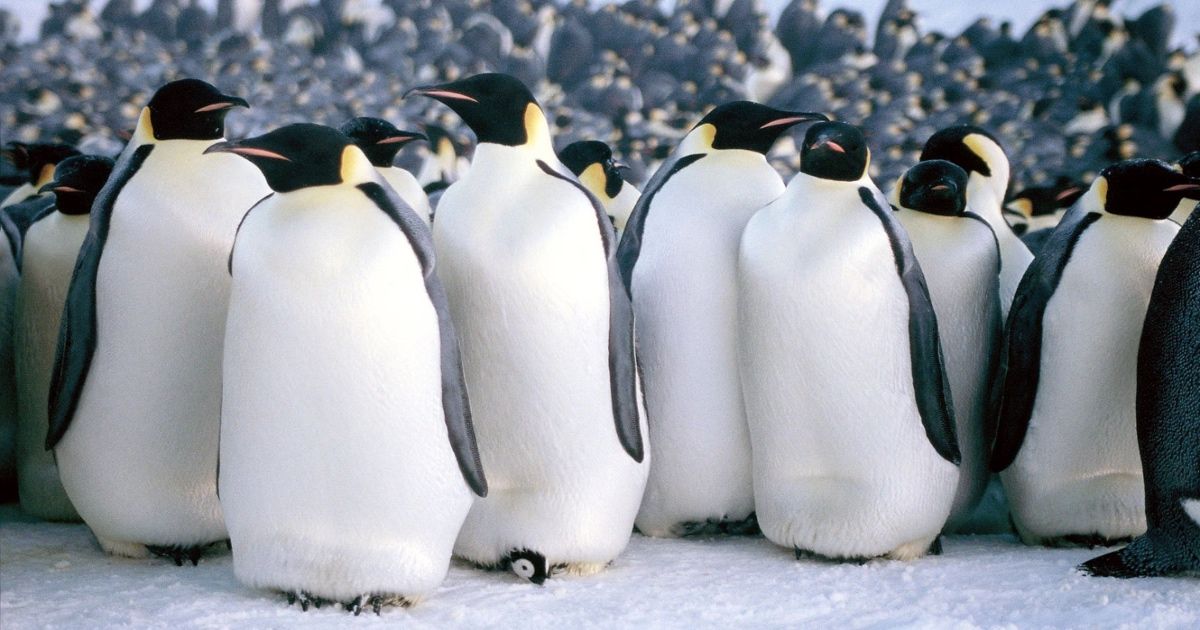
If you grew up in the early 2000s, you might remember this iconic nature documentary. March of the Penguins is an intimate look inside Antarctica's empire of Emperor penguins and the annual coming-of-age journey of their adolescents. The film takes place over their yearly ritual of moving from the vast ocean further inland to their breeding grounds in a search to settle down and form families. Highlights of this film include cute fluffy chicks, vast stretches of the icy tundra, and awkward young adult penguins looking for love. This French film, directed by Luc Jacquet, was produced under the National Geographic Society and won a Best Documentary Feature Oscar in 2006.
2
The Cove (2009)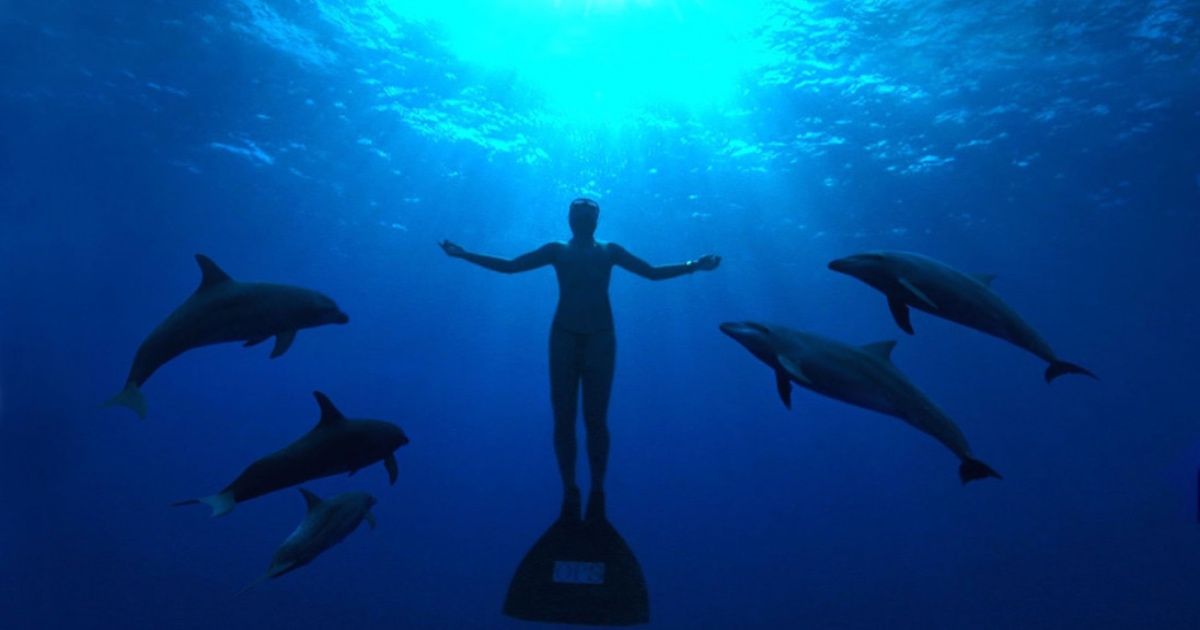
The Cove is an intense look inside the dark world of dolphin hunting in Japan, delving into the secrets it keeps behind closed doors. This work of activist cinema is directed by Louie Psihoyos, a previous photographer for National Geographic, who teams up with Ric O'Barry, an ex-dolphin trainer who worked on Flipper. Alongside the Ocean Preservation Society, the team sheds light on the gruesome industry and the animal abuse that it justifies, such as the demand for dolphin meat. The colorful and provocative imagery, based sadly on harsh realities, will stick with you after this Oscar-winning film has finished.
1 Blackfish (2013)
The controversial Blackfish documentary asks viewers to bear witness to the string of attacks on animal trainers by their captive orcas, also known as killer whales. A review by The Guardian calls this documentary "as horribly gripping as a serial-killer thriller, though the real villain is not the ostensible culprit, but its human captors." Tilikum, a gigantic male kept at Seaworld in Orlando, has a particularly haunting history, including multiple trainer deaths. Exposing the tragic life of an orca in captivity and the million-dollar industry behind the success of "performing" animals, the film illuminates the dark conditions that made Tilikum into a media-described monster. The BAFTA-nominated film made waves on social media, inspiring a negative attitude towards institutions like SeaWorld.

